If success does not create create loving relationships and happiness, then what does?
In this TEDx talk, Michael Benner discusses about being responsible for the love and happiness in your life with emotional intelligence. He also talks about –
- happiness and love as the way to success,
- being the love that you are looking for,
- knowing yourself and your feelings are your feelings,
- taking responsibility for ourselves, and
- empathy and caring about other people.
This video links to the work by the Collaborative for Academic, Social and Emotional Learning (CASEL) and also mindfulness. Michael talks about four areas of emotional intelligence and CASEL refers to five areas of social and emotional learning. They are self-awareness, self-management, social awareness, relationship skills and responsible decision-making. You can read more about social and emotional learning from CASEL here.
Mindfulness in everyday life is the ultimate challenge and practice. It is a way of being, of seeing, of tapping into the full range of our humanity – often seen in playful children fully experiencing life in the here and now. Mindfulness is described by Jon Kabat-Zinn (1994) “as paying attention in a particular way: on purpose, in the present moment and non-judgmentally” (p.4). Bob Stahl and Elisha Goldstein (2010) report “in Sanskrit, it’s known as smrti, from the root word smr, meaning “to remember” and in Pali, the language of the earliest Buddhist scriptures, it’s known as sati (mindfulness)” (p.15). The attitudinal foundations of mindfulness practice include – non-judging, self-compassion, beginner’s mind, trust/self-reliance, non-striving, equanimity, acceptance/acknowledgement and letting-be.
Remember – we can feel extremely vulnerable when we connect with our feelings and emotions, so please take care of yourself and have self-compassion!
“Life is a series of natural and spontaneous changes. Don’t resist them; that only creates sorrow. Let reality be reality. Let things flow naturally forward in whatever way they like.” ~ Lao Tzu and as Eckhart Tolle says – “we can only lose something that we have, we cannot lose something that we are”.
Reflection…
What is your reaction to this video? What is your biggest takeaway?
Please feel free to share your responses below in the comments section!
If you are ready to reclaim your courage and take the next step towards freedom and opening your heart, why not join our Toolkit? You can also see our emotional intelligence assessment here.
References:
Kabat-Zinn, J. (1994). Wherever You Go, There You Are – Mindfulness Meditation in Everyday Life. New York, USA: Hyperion.
Stahl, B., & Goldstein, E. (2010). A Mindfulness-Based Stress Reduction Workbook. Oakland, USA: New Harbinger Publications, Inc.




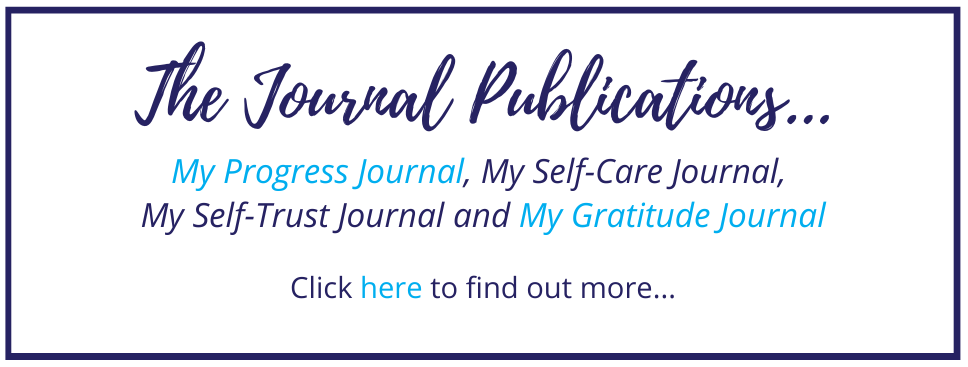

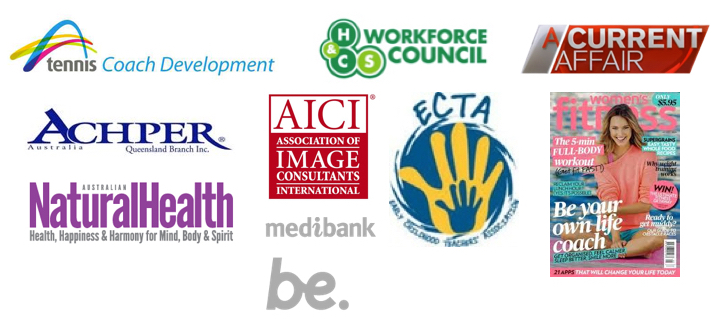
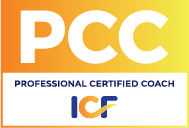
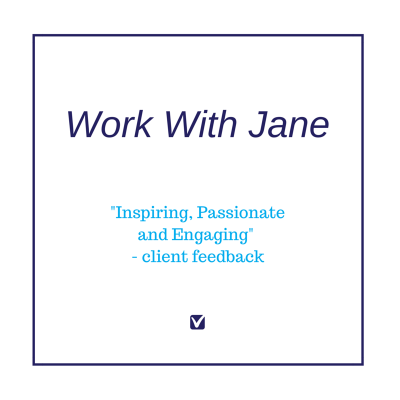





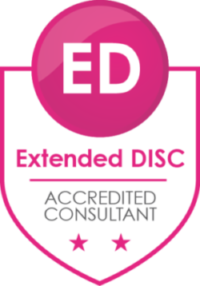

7 Comments
Sofiya Johnson
August 22, 2015Hi Jane,
I think IQ alone is not enough for success.EQ also matters. Psychologists generally agree that among the ingredients for success, IQ counts for roughly 10%. The rest will be depends on everything else including EQ. Nice video.
Thanks.
Jane
August 22, 2015Thanks Sofiya for sharing!
[…] people indicate Emotional Quotient (EQ) is more Important to Success than IQ, however I would say it is another piece of the puzzle and something we have to be aware (which we […]
[…] people indicate Emotional Quotient (EQ) is more Important to Success than IQ. however I would just say it is something we have to be aware of and recognise within ourselves and […]
[…] Emotional Intelligence: Why Emotional Quotient (EQ) is more Important to Success than IQ […]
[…] Emotional Intelligence: Why Emotional Quotient (EQ) is more Important to Success than IQ […]
[…] Emotional Intelligence: Why Emotional Quotient (EQ) is more Important to Success than IQ […]
Leave A Response